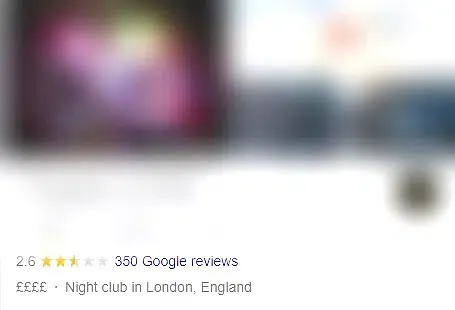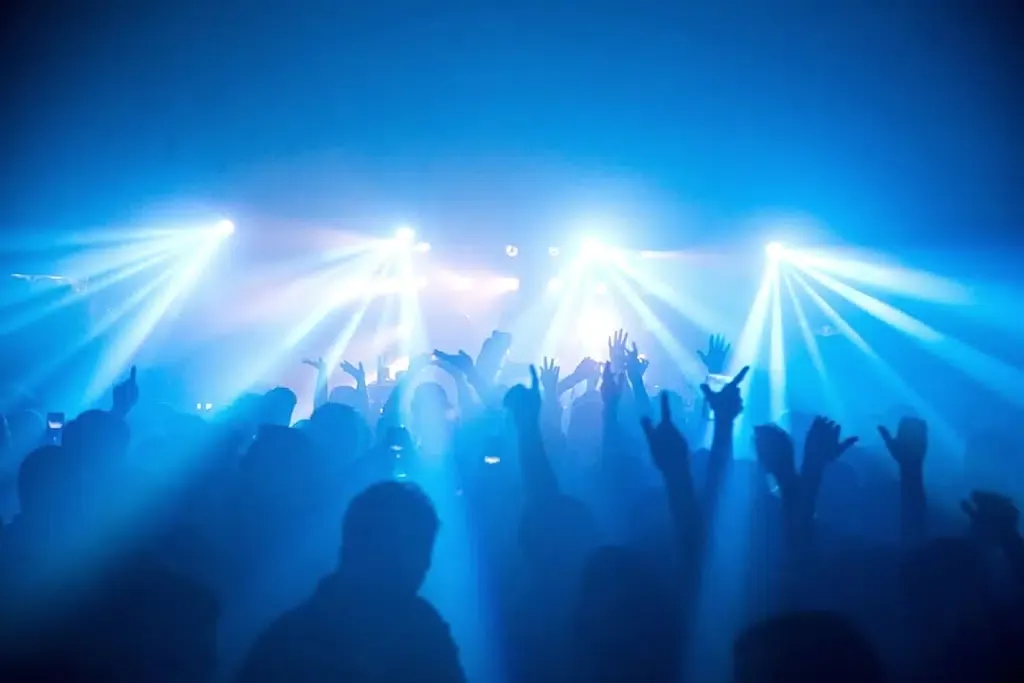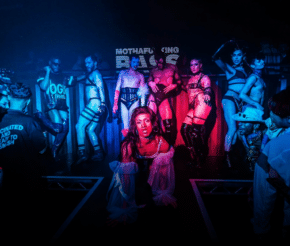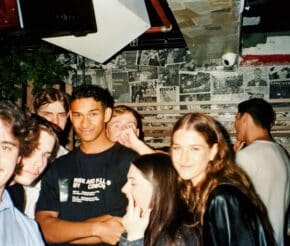- Advertise
-
Subscribe
Why Your Favourite Club’s Average Rating Sucks

Picture this: you’re getting ready to go to your favourite club with your mates. You haven’t stopped talking about how this is the best club ever. Your friend goes to google the place and suddenly, you all see it: a 2-star average rating.
Huh?
Whether you’re an avid partygoer or a spontaneous lover of good vibes and music, you definitely have a few clubs that you feel are unmatched. But most of the time, this opinion isn’t reflected in their online reviews.
Here’s a few reasons why your favourite club’s online rating sucks.
We are motivated by the negatives
If your night out was ruined by rude bar staff or a pricey bill, you’re probably going to rush to get on your phone and leave a negative review. In fact, consumers are 21% more likely to leave a review after a negative experience than a positive one.
When faced with an unpleasant situation, we want to react to it, whether it’s to achieve some sort of compensation or simply feel heard.
When looking specifically at nightclubs, many of the online reviews come from people who were refused entry for some reason or the other. While much of it comes as a warning to other prospective clubbers, it also reflects little about what the club and its vibe are actually like because they never got past the doors.
Thing is, if everything goes right yet there’s no motivation or encouragement by the business to leave positive feedback, chances are you’re not going to go out of your way to leave one.
It’s a vicious cycle really: you have a bad time, you tell people about it. If you have a good time, well, that’s for you to know and no-one else to find out.
Falling to peer pressure bias
Research shows that social influence bias exists in online reviews, where exposure to previous negative reviews actually incentivises customers to re-evaluate their own experience and find flaws they hadn’t realized were there.
Whilst a positive review is less likely to be completely turned into a negative one, average reviews are more at risk of getting swayed by mass opinion. Perhaps you overlooked how long the queuing time was or ignored a dirty cubicle because you were keen to get back to the dancefloor.
Reading someone else pointing out these issues might make you focus on them too.
It’s all down to herd mentality: the tendency to fall to bias because you want to have the same opinion as everyone else.
Anonymity

It’s been proven that anonymous feedback increases low-ratings and negative reviews in comparison to feedback that reveals the customer’s identity.
Say someone was kicked out of a club or even refused entry, if they don’t disclose their identity, they can recount their negative encounter online without facing any judgement or disapproval.
It’s simple really, negative bias is more likely to exist when anonymity is a factor. When it’s not, there are repercussions to your comments, and nobody likes that.
A matter of taste
Ultimately, the issue of negative reviews ends up being a matter of taste.
Your best night out at a crowded techno club could be someone else’s worst nightmare.
But you can’t always go into your experiences blind: it’s good to know what kind of vibe each place has to offer, even if you accept that you might need to take other people’s opinions with a pinch of salt.

Don’t always trust the numbers
Differences in preference combined with the pre-existence of negative bias can cause an overload of negative reviews that does your favourite club’s online rating no justice.
At the end of the day, it’s a case of different strokes for different folks.
If you like that sweaty DnB club in your local town, who is ‘Anonymous69′ to tell you you’re wrong?’






